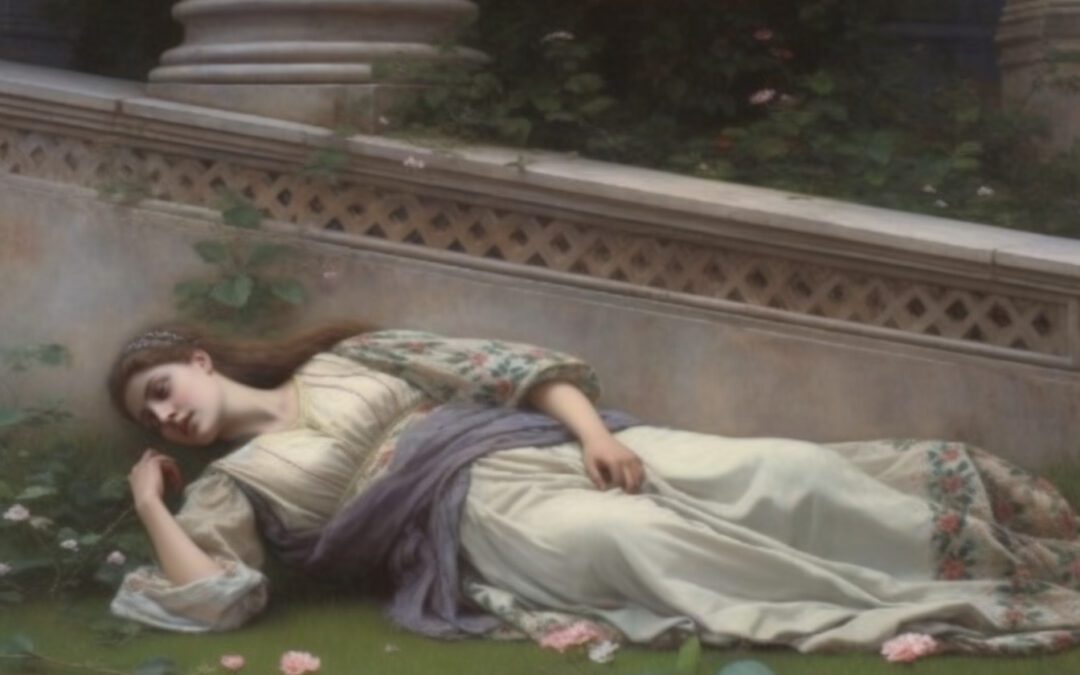Andrew Marvell
Andrew Marvell occupies a special place in the pantheon of poets known for their romantic poetry. Born in 1621, Marvell’s life and works offer a fascinating glimpse into the 17th century’s literary landscape. While often overshadowed by his contemporaries, Marvell’s work is a compelling blend of wit, political commentary, and passionate exploration of human relationships.
Early Life, Education and Political Career
Marvell’s early years were marked by a robust classical education. He attended the prestigious Hull Grammar School and later went on to Trinity College, Cambridge. His academic background provided a strong foundation for his later poetic endeavors. At Cambridge, he was exposed to the intellectual currents of his time, which influenced his writing style and thematic choices.
In addition to his literary pursuits, Marvell was deeply involved in the political turmoil of his era. He served as a tutor to Mary Fairfax, daughter of a prominent general, which brought him into the circles of power. Later, he became an assistant to John Milton, the famous poet and polemicist. His political writings and satirical works showcase his sharp intellect and ability to weave complex ideas into verse.
Marvell’s Poetry
Marvell’s romantic poetry often explores the transient nature of life and love. His famous poem “To His Coy Mistress” is a quintessential example of carpe diem poetry. In this work, Marvell urges his beloved to seize the moment, highlighting the fleeting nature of time. This poem is not just an exhortation to embrace love, but also a reflection on the inevitability of mortality. It shares thematic elements with many best poetry books about love, making it a timeless piece that resonates with readers even today.
Marvell’s use of vivid imagery and masterful command of the English language make his poetry stand out. Whether he is depicting the beauty of a garden or the allure of a lover, Marvell’s imagery is both precise and evocative, placing him alongside the greats of romantic poetry and extending his influence beyond his own era, touching the works of contemporary poets who draw inspiration from his themes and style.
Apart from his romantic works, Marvell was also known for his sharp wit and satirical poetry. His political satires critiqued the social and political issues of his time, often with a biting sense of humor. These works reveal another dimension of Marvell’s genius, showcasing his versatility as a poet.
The Poetic Legacy
“To His Coy Mistress” remains one of Marvell’s most celebrated poems, and for good reason. Its exploration of love, desire, and the passage of time strikes a chord with readers across generations. The poem’s structure, divided into three parts, masterfully builds the argument for seizing the moment. Its opening lines are often quoted, reflecting the poem’s enduring popularity. This work can be seen as a precursor to the dirty love poems of later eras, with its candid exploration of physical desire and romantic urgency.
Another notable aspect of Marvell’s work is his garden poetry. Poems like “The Garden” celebrate the tranquility and beauty of nature. In these works, Marvell reflects on the harmony between man and nature, often using the garden as a metaphor for the mind and soul. This theme of nature as a sanctuary offers a contrast to the urgency found in his love poems, providing a more contemplative and serene perspective on life.
Conclusion: Marvell’s Enduring Appeal
Andrew Marvell’s poetry continues to captivate readers with its wit, imagery, and exploration of timeless themes. His works bridge the gap between the metaphysical and the romantic, offering a unique blend of intellectual rigor and passionate expression. As readers delve into his poems, they discover the many layers of meaning that make Marvell a poet worth studying and celebrating. For those who appreciate the richness of romantic poetry, Marvell’s works are an essential addition to their literary repertoire.
For those interested in exploring Marvell’s broader literary context, there is a wealth of material that highlights his contributions to the canon of English poetry. His works are often featured in rhyming love poems anthologies, offering readers a chance to see how his poetic techniques compare with those of other poets. Whether through the lens of love, nature, or satire, Marvell’s poetry remains a rich and rewarding field for exploration.


